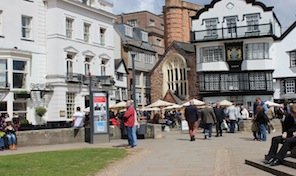
Investment in city centre, digital and wellbeing
Exeter’s plan to recover from the coronavirus crisis, realise the city’s 2040 vision, and to build back better has been endorsed by councillors.
Over the past few months the city’s key organisations and businesses have worked together to develop the recovery plan. It's now been endorsed by the Liveable Exeter Place Board and Exeter City Council’s executive.
The plan seeks to secure the city’s recovery from the effects of the pandemic, and build back better to embrace sustainable growth. Cllr Phil Bialyk, leader of the council, says it's a plan for the whole city, not just the council. He said: “Exeter City Council is here to support the residents and business of Exeter. We are working together with local partners to ensure that we can all continue to enjoy the things that living in Exeter brings.
“The work undertaken by the recovery groups, supported by the Liveable Exeter Place Board, will ensure that we’re in a good position to promote the work of the city and make others aware of what we can deliver to support recovery. I am confident that by working together we can pull through this and be a leading city in supporting the global recovery from the impacts of covid-19.”
Cllr Ollie Pearson said that the investment they were asking for is around improving the city centre but also responding to the need to reduce the carbon zero target of the city, while Cllr Duncan Wood said that every city will be struggling with the double recovery, but this means that ‘when we get to other side of this, we can get ready to run’.
The recovery plan identifies three key interventions to support covid-19 recovery and also deliver the city’s 2040 vision for a carbon neutral, sustainable, healthy and active city:
- Investment in Exeter city centre – seen as key to ensuring Exeter remains a vibrant place and a major regional destination
- A bespoke digital training and skills package for Exeter – the pandemic has highlighted the disparity that exists in Exeter around digital skills
- Investment to support WellBeing Exeter – long term funding is seen as crucial after it was instrumental in coordinating and facilitating the city’s response to the pandemic
It also identified a range of projects that would require major investment from a variety of sources, including:
- The establishment of a revolving carbon reduction fund – £200 million has been identified as the sum required, relating to the Net Zero Exeter 2030 Plan. That Plan has shown a variety of programmes that would need to be delivered at pace should the city wish to be a net zero city
- A multi-purpose venue, and projects to support the city centre as a destination – various reports have already been considered by Executive on the potential for a multi-purpose venue and the transformation of the South Street and Corn Exchange area of the city centre. Likewise Executive has had sight of plans for the redevelopment of City Point and the wider development of Paris Street/Sidwell Street area of the city centre
- Transport – the city council has been working with Devon County Council on the Exeter Transport Strategy and the National Infrastructure Commission. £100 million of transport infrastructure has been identified as required over the next five years to support the city, with at least 50 per cent of funding required from government
Sir Steve Smith, Chair of the Liveable Exeter Place Board, added: “This recovery plan is rooted in the locality and is the result of efforts by key public sector agencies, business and community stakeholders capable of providing a supportive, joined up framework for the city.
“A coordinated effort, informed by local knowledge, will be key to minimising economic damage and shaping the city’s recovery. It is a testament to Exeter’s spirit of collaboration that so many organisations have come together to work on this plan. I feel it demonstrates the value of continued investment in Exeter as an engine for growth and recovery in the South West and look forward to engaging partners and government bodies in discussions on funding to support the initiatives we have identified.”
The recovery plan looks at seven key areas – city centre, business support, community and wellbeing, construction and development, education, transport, visitor economy (culture and tourism) – that have been most keenly effected by the pandemic.
It summarises what has already been done in response to covid-19, while examining how to take forward emerging opportunities, both long and short term, to support both city and regional recovery.
The executive agreed to note that the resources required to progress the various initiatives within the recovery plan will be a blend of funding sources, and to recommend to full council that the recovery plan be adopted.
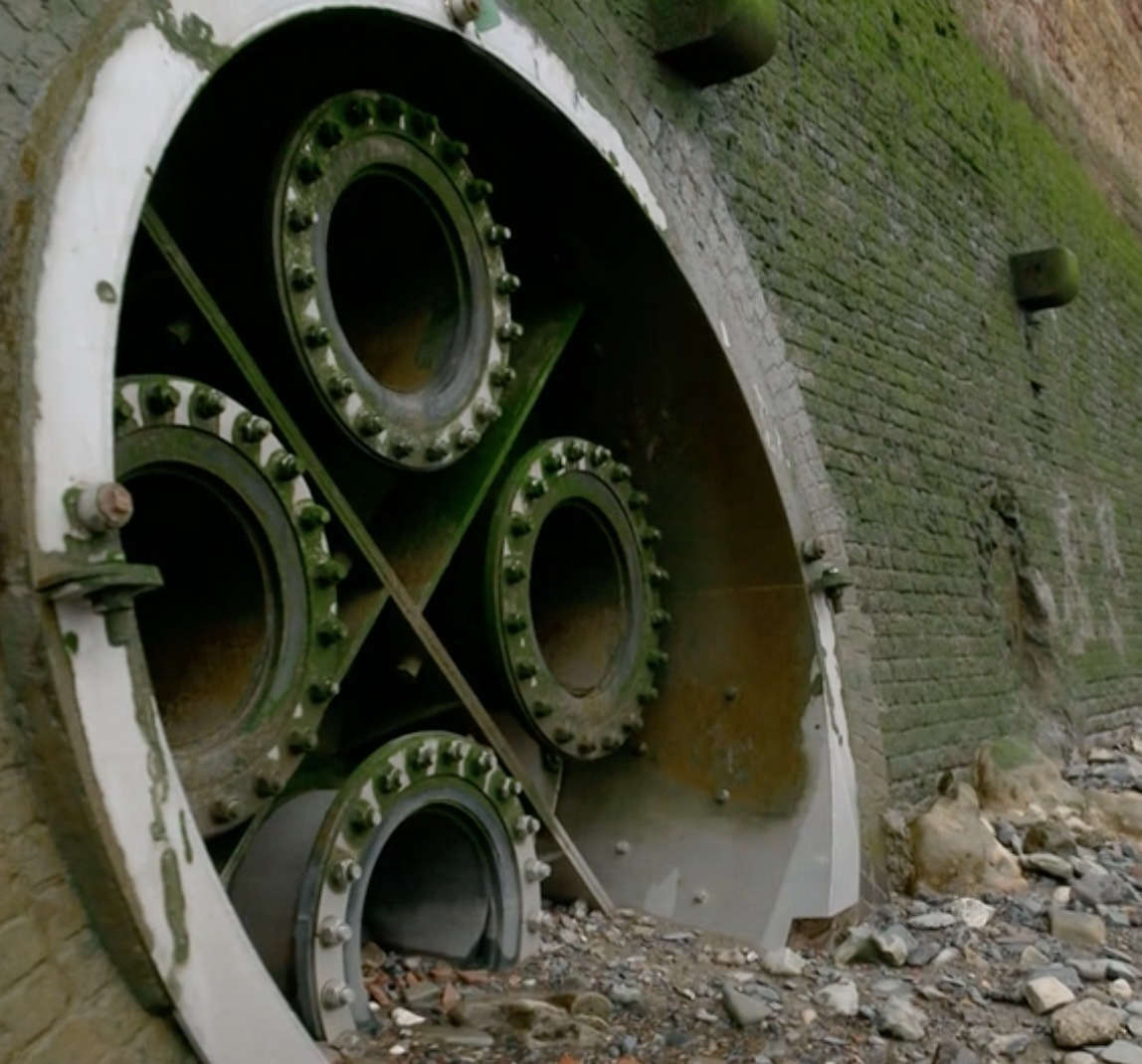 Storm overflow prevention work set for Plymouth
Storm overflow prevention work set for Plymouth
 Help needed to find Exminster pensioner
Help needed to find Exminster pensioner
 City lose at home again
City lose at home again
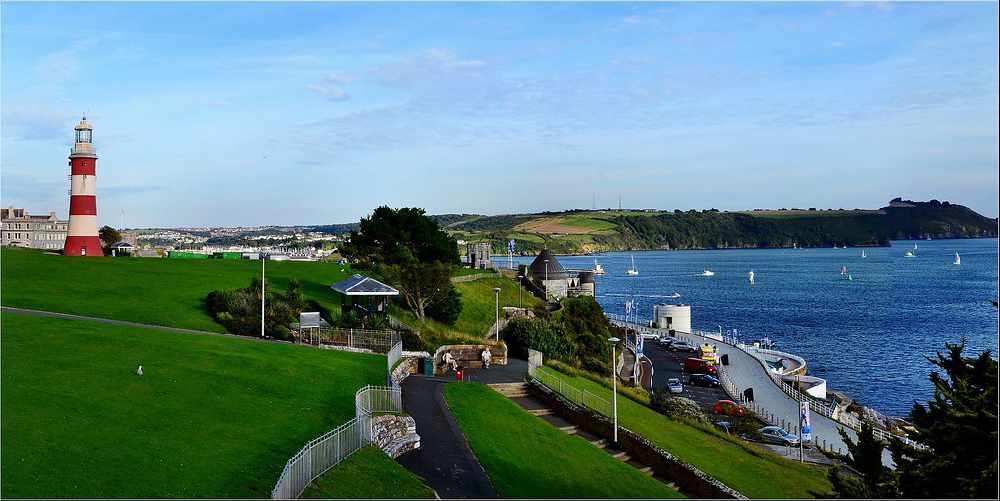 Calls for inclusion on Plymouth lord mayor role
Calls for inclusion on Plymouth lord mayor role
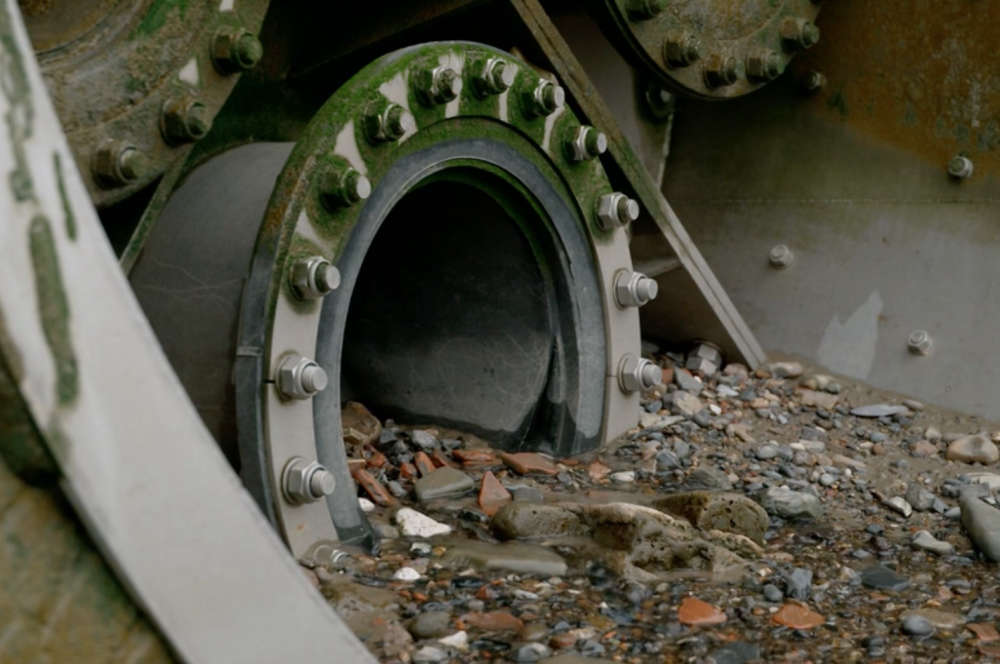 Upgrades to Plymouth storm overflows to take place
Upgrades to Plymouth storm overflows to take place
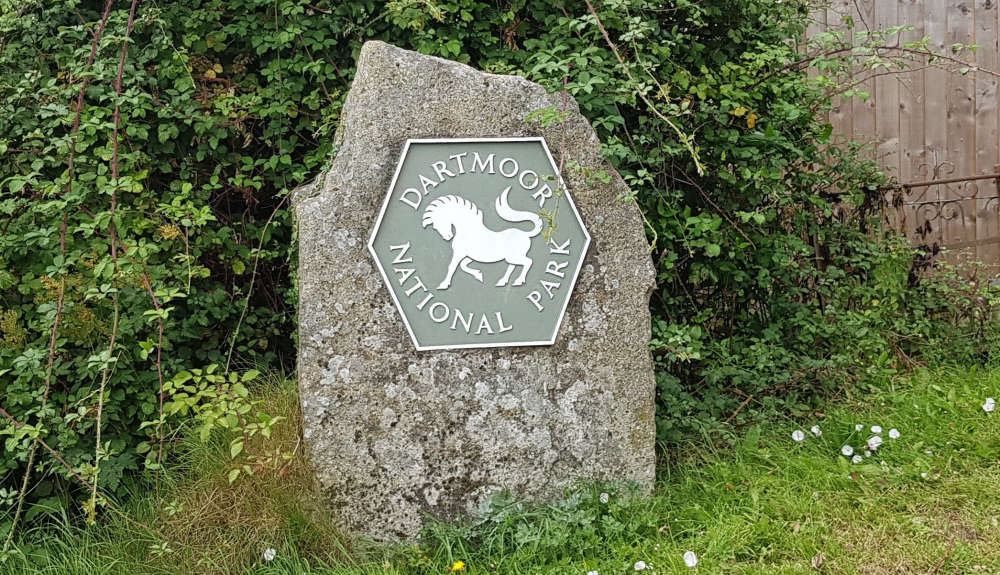 Dartmoor finances facing biggest cut for years
Dartmoor finances facing biggest cut for years
